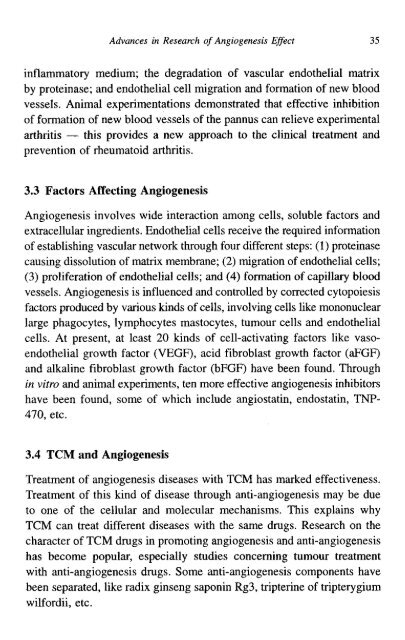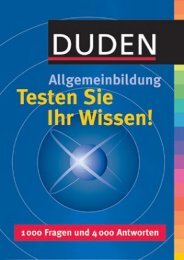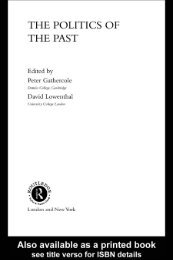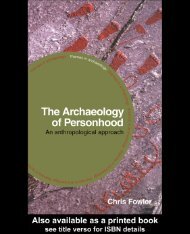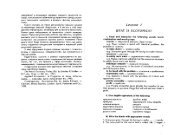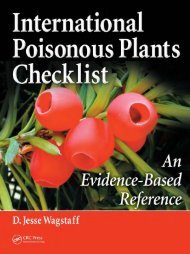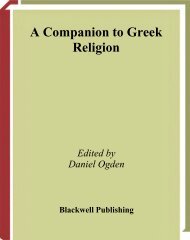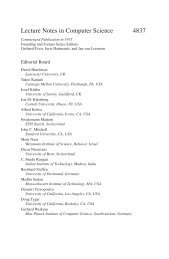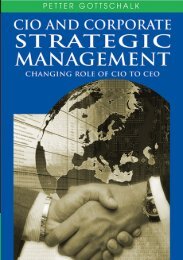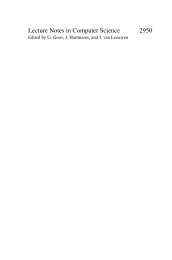Chinese Medicine - Modern Practice (252 pages)
Chinese Medicine - Modern Practice (252 pages)
Chinese Medicine - Modern Practice (252 pages)
- TAGS
- cs5235.userapi.com
Create successful ePaper yourself
Turn your PDF publications into a flip-book with our unique Google optimized e-Paper software.
Advances in Research of Angiogenesis Effect 35<br />
inflammatory medium; the degradation of vascular endothelial matrix<br />
by proteinase; and endothelial cell migration and formation of new blood<br />
vessels. Animal experimentations demonstrated that effective inhibition<br />
of formation of new blood vessels of the pannus can relieve experimental<br />
arthritis - this provides a new approach to the clinical treatment and<br />
prevention of rheumatoid arthritis.<br />
3.3 Factors Affecting Angiogenesis<br />
Angiogenesis involves wide interaction among cells, soluble factors and<br />
extracellular ingredients. Endothelial cells receive the required information<br />
of establishing vascular network through four different steps: (1) proteinase<br />
causing dissolution of matrix membrane; (2) migration of endothelial cells;<br />
(3) proliferation of endothelial cells; and (4) formation of capillary blood<br />
vessels. Angiogenesis is influenced and controlled by corrected cytopoiesis<br />
factors produced by various kinds of cells, involving cells like mononuclear<br />
large phagocytes, lymphocytes mastocytes, tumour cells and endothelial<br />
cells. At present, at least 20 kinds of cell-activating factors like vaso-<br />
endothelial growth factor (VEGF), acid fibroblast growth factor (aFGF)<br />
and alkaline fibroblast growth factor (bFGF) have been found. Through<br />
in vitro and animal experiments, ten more effective angiogenesis inhibitors<br />
have been found, some of which include angiostatin, endostatin, TNP-<br />
470, etc.<br />
3.4 TCM and Angiogenesis<br />
Treatment of angiogenesis diseases with TCM has marked effectiveness.<br />
Treatment of this kind of disease through anti-angiogenesis may be due<br />
to one of the cellular and molecular mechanisms. This explains why<br />
TCM can treat different diseases with the same drugs. Research on the<br />
character of TCM drugs in promoting angiogenesis and anti-angiogenesis<br />
has become popular, especially studies concerning tumour treatment<br />
with anti-angiogenesis drugs. Some anti-angiogenesis components have<br />
been separated, like radix ginseng saponin Rg3, tripterine of tripterygium<br />
wilfordii, etc.


